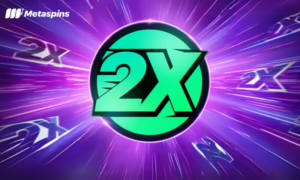A ‘node’ is essentially a computer that is connected to a blockchain.
A blockchain node can perform a variety of essential functions on a blockchain. The main purpose is for it to provide storage and verification computing power to the blockchain network. This type of storage of data across a series of nodes is referred to as a distributed ledger. It is what allows the blockchain to be decentralized.
The more nodes there are in a blockchain network the better, as existing data in the blockchain cannot be updated unless there is a consensus of at least 51% of the nodes in the network permitting the transaction to occur.
It should also be noted that not all distributed ledgers operate on a blockchain.
Types of Nodes
- Archival Nodes: an archival node is responsible for storing blockchain data. There are several subtypes:
- Full Nodes: These are servers that store every transaction of the blockchain. Their main function is to validate blocks and confirm consensus
- Pruned Nodes: These nodes only retain the latest 250MB worth of a blockchain’s data. It does so in order to save the storage space of the user. However, the entire blockchain history needs to be downloaded and then the earlier content deleted before it can operate as it should
- Light Nodes: these only story the block headers of a blockchain. A block header summarizes a particular block for hashing and proof-of-work (POW) purposes and mining rewards
- Super Nodes: these nodes perform specific, special functions on a blockchain. Examples include changing a protocol, connecting full nodes to each other and ensuring that all nodes in the network are storing data from the most recent copy of the blockchain
- Mining Nodes: these nodes provide processing power to attempt to solve the code provided by the blockchain’s hashing algorithm. The user provides this service in the hope that their node will find the hash value thereby finalizing the block and receiving the coin reward for doing so
- Master nodes: these provide the exclusive service of validating and recording transactions on a blockchain. Although they cannot add blocks to a blockchain, on some blockchains, they do still receive some coin reward for providing their computing power
- Lightning Nodes: These are nodes that enable off-chain transactions to users who are not part of the blockchain network. This service enables faster and cheaper transactions while also causing less strain on the blockchain network itself







